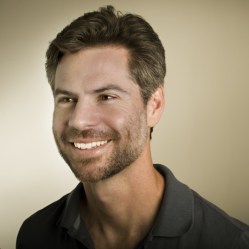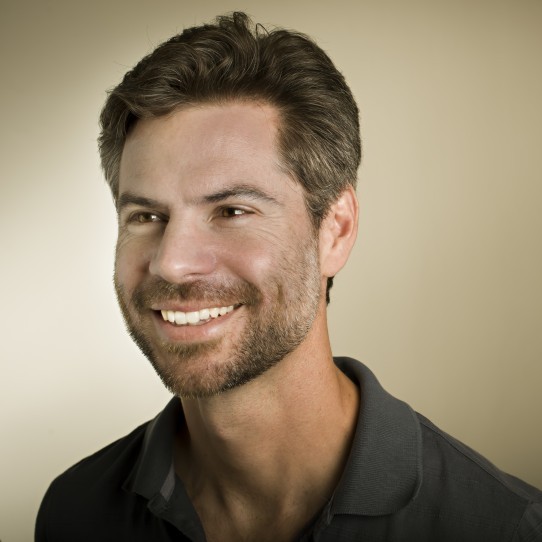
Michael Shellenberger, professional pot-stirrer and president of the Breakthrough Institute.
Michael Shellenberger and Ted Nordhaus have a real knack for stirring the pot.
In 2004, the duo, founders of an Oakland, Calif.-based think tank called the Breakthrough Institute, published a paper called “The Death of Environmentalism: Global Warming Politics in a Post-Environmental World.” Much to the chagrin of many old-school greens, they argued that the institution of environmentalism was unable to deal with the global crises knocking at our door, because environmentalists were pigeonholed by what they called “the politics of limits” — that is, enviros keep prophesying the End Times, only to be proven publicly and embarrassingly wrong. (Grist ran a whole series about the ensuing melee under the banner “Don’t Fear the Reapers.”)
At the core of the Breakthrough philosophy is the belief that human ingenuity will trump all of the doomsaying, allowing us to survive and adapt to a warmer world. To take a recent example, Breakthrough has been steadfast in critiquing a hypothesis, first proposed in a 2009 Nature article, arguing that there are nine biophysical limits in the Earth’s cycles that, when crossed, lead to irrecoverable harm for humans. From Breakthrough’s perspective, this notion of “planetary boundaries” is misguided. They don’t dispute that this growth will come at a cost to the environment, they just argue that our limits will be self-imposed. We can grow and grow, as long as we don’t care about having tropical forests, polar bears, or coral reefs. (Ed’s note: they don’t propose that we wipe out said forests, bears, and reefs — just that the choice is ours.)
In reading through the Breakthrough literature, it would be easy to characterize Shellenberger, Nordhaus, & Co. as climate skeptics or deniers — they are certainly quick to criticize those who predict imminent disaster. But to do so would be to oversimplify their arguments. Instead, they are trying to put climate change into a broader context — one that includes other challenges such as hunger, poverty, and access to clean energy, as well as a more realistic (in their opinion) sense of our abilities to innovate our way through sticky circumstances.
“Whenever liberals try to make it a life-or-death situation — whether it’s on environmental policy or social policy — it just rings false,” Shellenberger told me in a recent interview, “because it is false.”
This is the allure of the Breakthrough philosophy: Rejecting the apocalyptic narrative so common in environmental circles will, they say, one, allow us to finally gain traction with a public that is tired of all the doom and gloom, and two, clear the way for the innovation we’ll need to thrive in a warming world.
Then again, maybe this is about life or death. Maybe the stakes are higher for the planet than Shellenberger and Nordhaus are willing to admit. Only time will tell. But there is at least one point on which these firebrands and environmentalists can agree: In the new Age of Humans, we have stark choices when it comes to who wins and who loses.
Here’s my interview with Michael Shellenberger, in which he talks about planetary decisions, Malthusian scientists, and the quaint notion that there are pressing physical limits on human growth.
This interview is part of the Generation Anthropocene project, in which Stanford students partake in an inter-generational dialogue with scholars about living in an age when humans have become a major force shaping our world.



